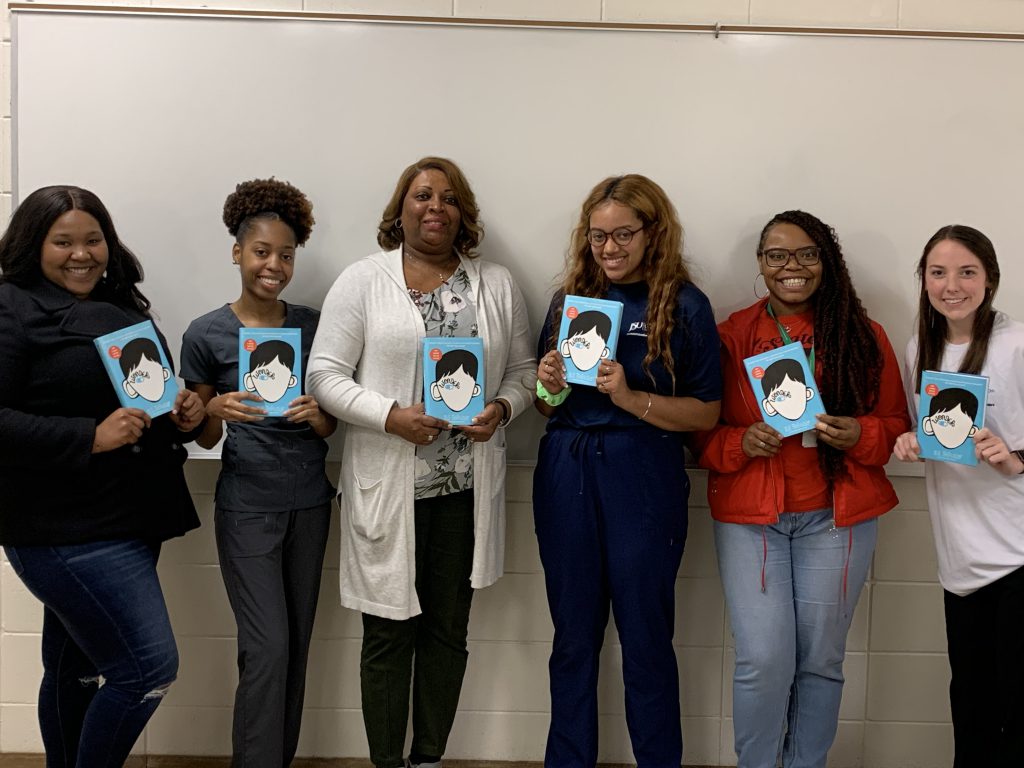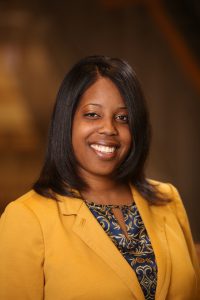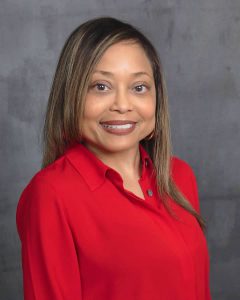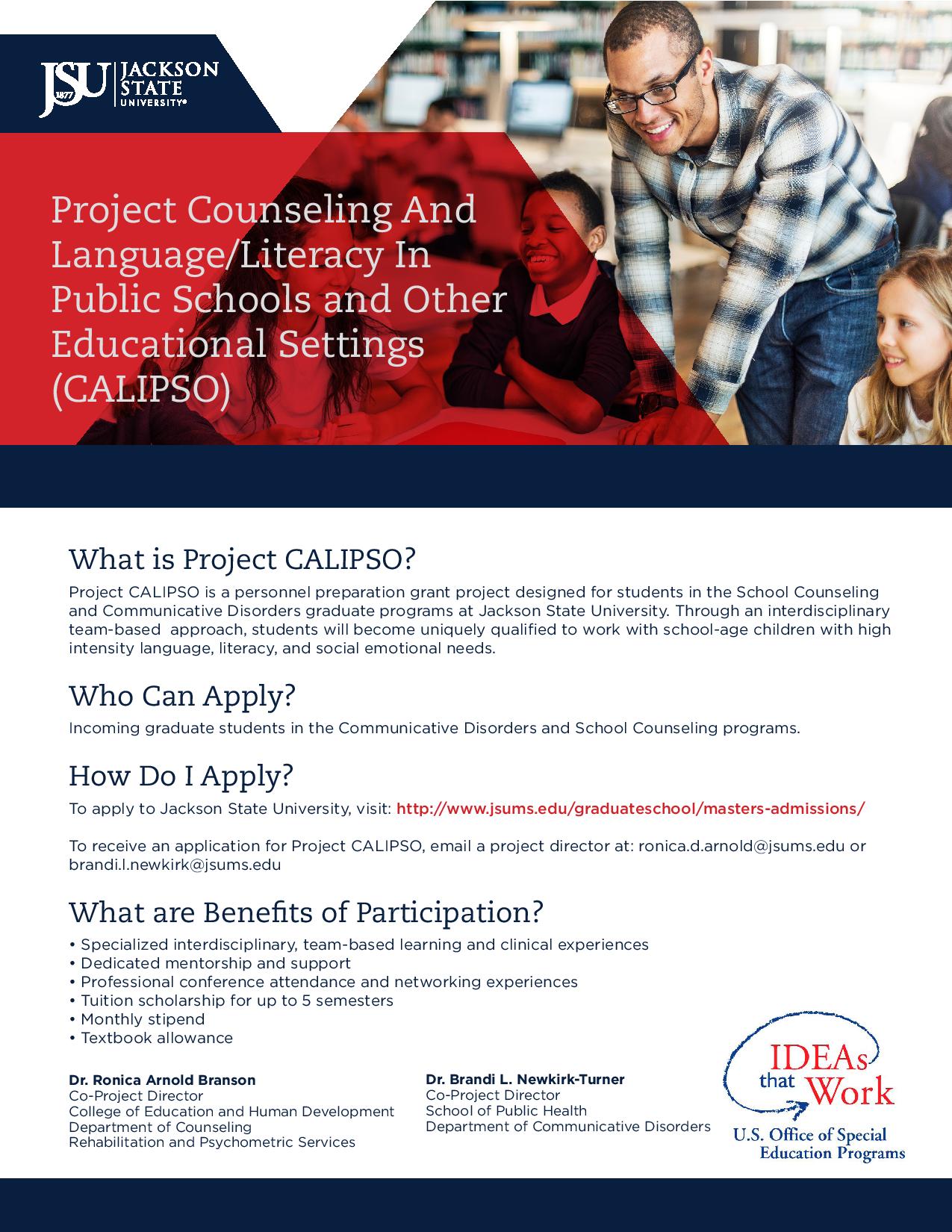![]()
[hr]Two academic departments at JSU have been jointly awarded $1 million to assist graduate school scholars with helping disabled children with high-intensity needs to avoid academic underachievement.

Jackson State University’s Department of Communicative Disorders in the School of Public Health and the Department of Counseling, Rehabilitation and Pyschometric Services in the College of Education will share a five-year grant to fund Project CALIPSO (Counseling And Language/Literacy In Public Schools and Other Educational Settings).
Funding is provided by the U.S. Department of Education Office of Special Education Programs. Scholars receive tuition scholarships, textbooks and a monthly stipend.
Qualified personnel shortage
Co-project directors are Dr. Brandi L. Newkirk-Turner in communicative disorders and Dr. Ronica Arnold Branson in counseling and rehabilitation. Newkirk-Turner is an associate professor and department chair. Arnold Branson is an associate professor.
Newkirk-Turner said Project CALIPSO’s collaborative effort is designed to address national, state and district shortages of qualified personnel to serve children with high-intensity needs. She described staffing deficiency as “critical” and the needs of school-age children as “complex.” She believes interdisciplinary expertise is the best way to tackle the shortage of experts and provide the dire support required for pupils.
“There’s a need for “advanced or specialized training in cross-disciplinary design and delivery of evidence-based instruction and intensive individualized intervention,” said Newkirk-Turner, noting the social and emotional difficulties of children. Also, she said they face language and literacy challenges in public schools and other educational settings.


Aiding disabled children at risk
Meanwhile, collaborative coursework for the project’s first cohort of scholars began this spring semester. Their studies allowed them to engage in clinical experiences and other activities to address high-intensity needs.
As such, Project CALIPSO will prepare speech-language scholars and counseling graduate scholars to provide the following services to disabled children at risk:
- Person-centered assessments
- Evidence-based instruction
- Individualized and classroom-based interventions
Scholars began the spring semester reading the book “Wonder,” a story about a school-age boy born with a severe facial abnormality. A discussion led scholars to delve into the academic, social and emotional difficulties such students face in a school setting and how to support students with challenges.
Beyond addressing abnormalities, scholars studied special populations that include children with genetic disorders, hearing loss, autism spectrum disorders and attention disorders. Graduates also explored the impact of such conditions on speech, language, literary, social-emotional development and behavior.
In the future, scholars will take additional courses together, complete coordinated clinical experiences and jointly attend specialized trainings and conferences.
[hr]







